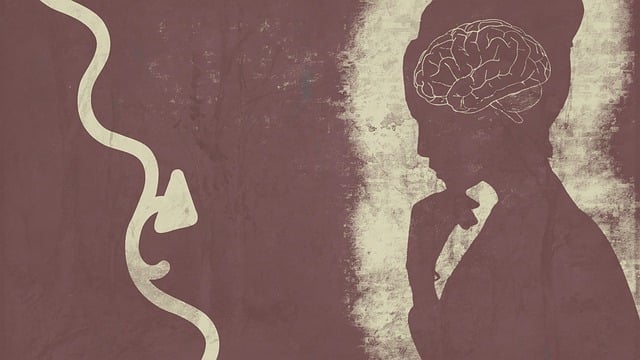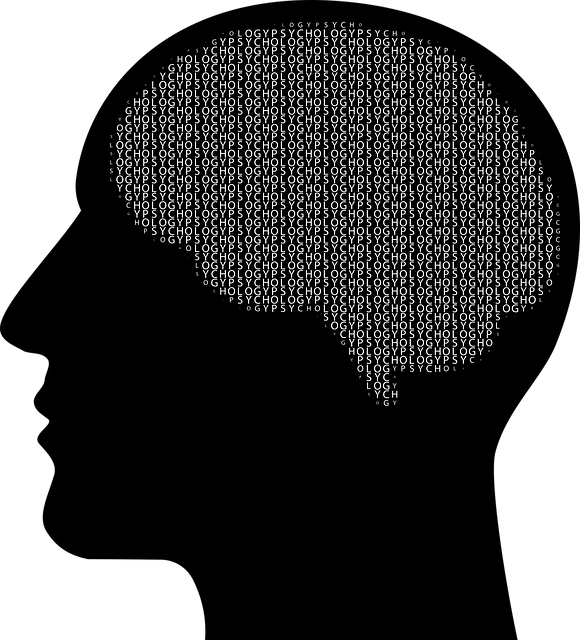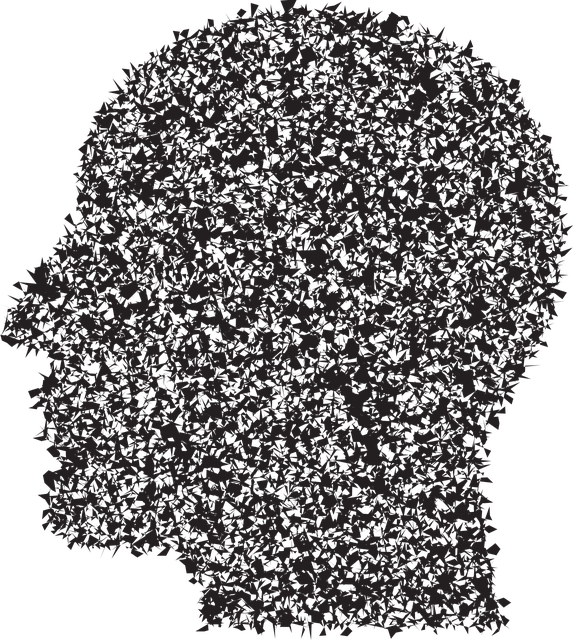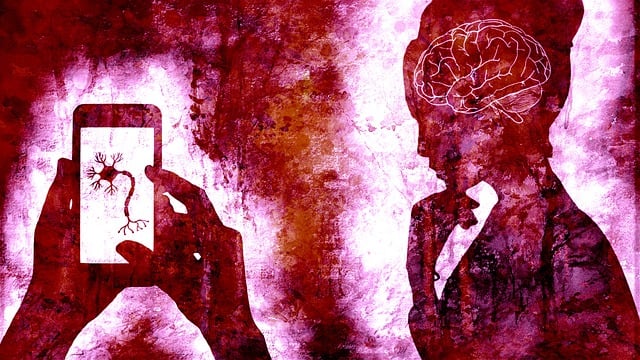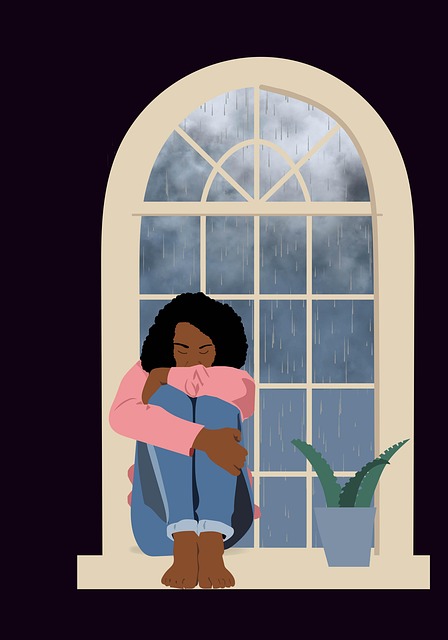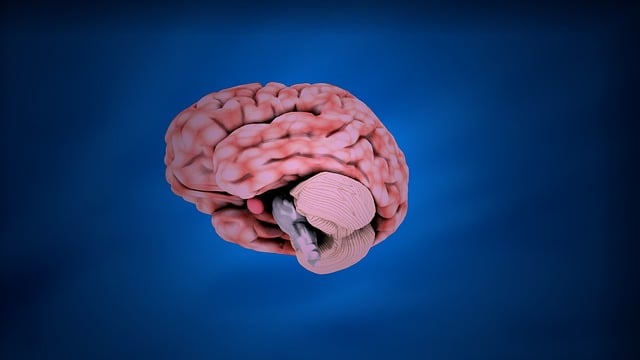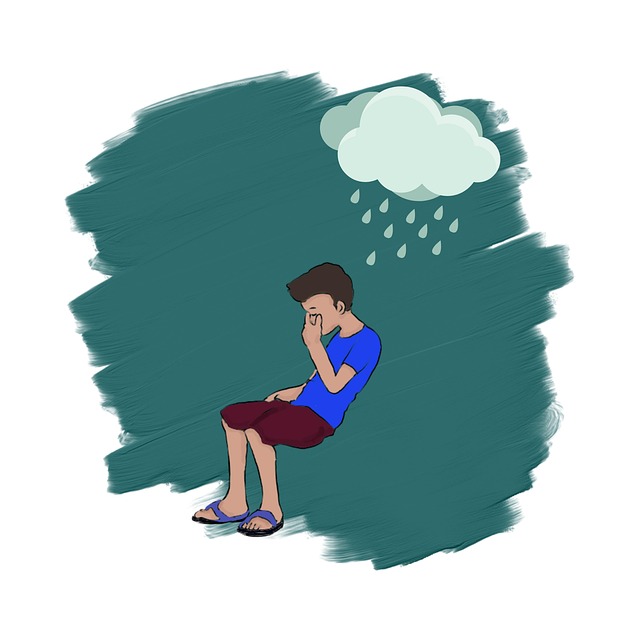Diagnosing mental illnesses requires professionals to evaluate symptoms, personal history, and life circumstances, leading to personalized treatment plans like Lone Tree Phobias Therapy for specific fears. Beyond initial diagnosis, self-care practices, emotional regulation techniques, and creative outlets like podcasts aid in managing mental wellness. Lone Tree Phobias Therapy, guided by Cognitive Behavioral Therapy (CBT) and culturally sensitive care, helps individuals overcome phobias. Holistic support includes stress reduction, social skills training, and crisis intervention for a successful recovery journey.
“Unraveling the complexities of mental illness diagnosis and treatment is a vital step towards healing. This comprehensive guide aims to empower individuals navigating challenging conditions, especially those affected by specific phobias like Lone Tree Phobias. We break down the process into understandable segments: from comprehending diagnoses to exploring diverse treatment options. Additionally, we offer valuable resources and strategies for a successful recovery journey. Discover how understanding your mental health is the first step towards reclaiming control.”
- Understanding Mental Illness Diagnoses: Breaking Down the Process
- Navigating Treatment Options: A Comprehensive Guide for Lone Tree Phobias
- Supporting Your Journey: Resources and Strategies for Effective Recovery
Understanding Mental Illness Diagnoses: Breaking Down the Process

Understanding Mental Illness Diagnoses: Breaking Down the Process
Navigating mental illness diagnoses can feel like a daunting labyrinth, especially for those new to the experience. The process begins with recognizing symptoms and seeking professional help, often from a licensed therapist or psychiatrist. During initial assessments, healthcare providers conduct thorough evaluations, delving into personal history, family background, and current life circumstances. This involves open discussions about feelings, thoughts, and behaviors, alongside specific questionnaires or interviews designed to identify patterns indicative of various mental health conditions.
For instance, someone struggling with intense fear of isolated places might undergo assessments for specific phobias. Lone Tree phobias therapy, targeting these particular fears, could be recommended. Beyond the initial diagnosis, ongoing support through self-care practices and emotional regulation techniques become vital components of managing mental wellness. Even exploring creative outlets like the Mental Wellness Podcast Series Production can offer unique perspectives and coping strategies.
Navigating Treatment Options: A Comprehensive Guide for Lone Tree Phobias

Navigating treatment options for Lone Tree Phobias can seem daunting, but with the right guidance, individuals can find effective solutions to manage and overcome their fears. The first step involves consulting a healthcare provider who specializes in anxiety disorders. They will conduct a comprehensive assessment, which may include discussions about symptoms, triggers, and daily functioning. This process is crucial as it helps tailor the treatment approach to the individual’s unique needs.
One common and successful method for Lone Tree Phobias therapy is Cognitive Behavioral Therapy (CBT). CBT focuses on identifying and changing negative thought patterns and behaviors associated with the phobia. Through coping skills development, individuals learn strategies to manage their fears and gradually expose themselves to the feared object or situation in a safe and controlled manner. Additionally, cultural competency training for healthcare providers ensures that treatment is sensitive to an individual’s background and beliefs, enhancing the overall effectiveness of care. For those seeking alternative resources, mental wellness podcast series production offers accessible information and inspiring stories about overcoming phobias, providing valuable insights alongside professional guidance.
Supporting Your Journey: Resources and Strategies for Effective Recovery

Navigating the path to recovery from mental illness can be daunting, but it’s essential to remember that support is readily available. The journey towards healing involves a combination of professional guidance and personal strategies. One crucial resource for many individuals is Lone Tree Phobias Therapy, which offers specialized treatment for specific fears and anxieties. This form of therapy provides tools to confront and manage phobias, helping patients regain control over their lives.
In addition to professional treatments, adopting certain practices can greatly aid in recovery. Stress Reduction Methods have proven effective in calming minds and bodies, allowing individuals to better cope with symptoms. Social Skills Training is another valuable asset, fostering connections and promoting positive interactions, which are essential for overall well-being. Crisis Intervention Guidance is also readily accessible, offering immediate support during intense periods, ensuring individuals feel equipped to handle challenges along their recovery journey.
Mental illness diagnosis and treatment can be a daunting journey, but with the right navigation assistance, it becomes manageable. Understanding the process of mental health diagnoses empowers individuals to take control. Additionally, exploring tailored treatment options, such as Lone Tree Phobias Therapy, offers effective solutions. The resources and strategies outlined in this article serve as a comprehensive guide for those seeking recovery, ensuring they have the tools needed to overcome challenges and embrace a brighter future.

